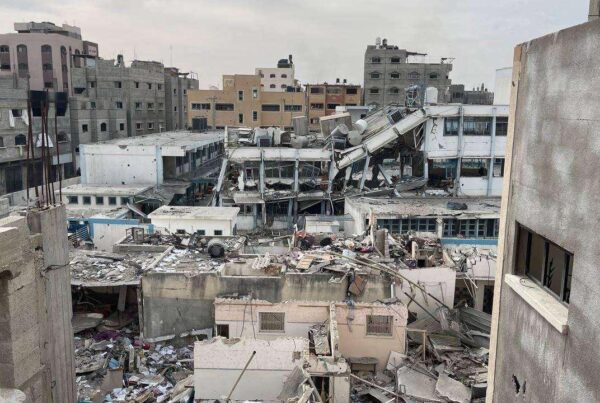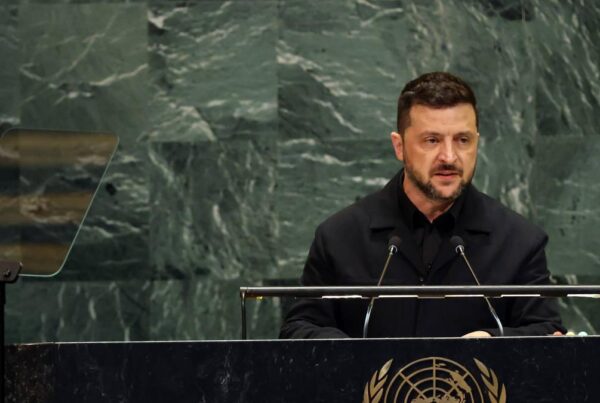United Nations sanctions on Iran are set to return by the end of September 2025. This follows the activation of the snapback mechanism under UN Security Council Resolution 2231, initiated by the European trio of the United Kingdom, France, and Germany. They argued that Tehran has failed to comply with its nuclear commitments while also limiting access for inspectors from the International Atomic Energy Agency.
The snapback mechanism was a crucial element of the 2015 nuclear deal, known as the Joint Comprehensive Plan of Action (JCPOA). It stipulates that if a party deems Iran in violation, they may trigger a 30-day process that requires the Security Council to adopt a resolution extending sanctions relief. Should the Council fail to do so, all UN sanctions in place before 2015 are automatically reimposed. The current process is already underway, with the deadline falling on 27 September 2025.
French President Emmanuel Macron stressed that this decision cannot be avoided unless Iran immediately restores full access for international inspectors and returns to diplomacy. Macron noted that the E3 are prepared to delay sanctions for six months if Iran meets the conditions, including clarifying its stock of highly enriched uranium. So far, however, there has been little indication that Tehran is willing to comply.
The Impact of Reimposed Sanctions
The sanctions due to be reinstated cover a wide range of strategic areas. They include an arms embargo and restrictions on missile-related transfers, travel bans and asset freezes on designated individuals and entities including networks linked to the Islamic Revolutionary Guard Corps, mandatory cargo inspections at ports and airports for suspected prohibited items, and financial restrictions that prevent Iran from opening new foreign bank branches while limiting cross-border transactions.
These measures are expected to place heavy pressure on Iran’s economy, which remains reliant on energy exports. While UN sanctions do not explicitly ban Iranian oil sales, cargo inspection regimes and financial barriers will increase costs, add risk, and discourage many companies from doing business with Tehran. Maritime insurers are likely to withdraw coverage for Iranian shipments, further straining Iran’s access to global markets.
Iran’s response has been defiant. Officials in Tehran condemned the European move as unfair political pressure. They warned that if sanctions return, cooperation with the IAEA could be halted entirely. Iranian leaders insist that external pressure will not lead to new concessions and may instead accelerate uranium enrichment activities.
International Response and Political Implications
The international community remains divided. The United States has fully backed the European initiative, arguing that Iran must face consequences for undermining the nuclear accord. Russia and China, on the other hand, have criticized the snapback process and pushed for further diplomacy. Yet under Resolution 2231 rules, no veto can block the automatic reinstatement of sanctions once the 30-day period expires.
The political implications are profound. Sanctions will heighten tensions in the Middle East, already shaken by conflicts in Gaza and Lebanon. Relations between Europe and Iran will deteriorate further, closing off channels of dialogue that some had hoped to preserve. On a global level, energy stability is once again at risk, as Iran remains a major oil producer in the region.
This moment is also a test for the UN’s credibility. The reactivation of sanctions demonstrates that multilateral mechanisms remain enforceable, but critics may argue it exposes the UN’s inability to craft a balanced diplomatic outcome.
As the deadline approaches, the world is watching closely. The next few days could determine whether a compromise is still possible to delay snapback sanctions. If not, Tehran faces deeper international isolation.
To better understand the broader impact of this development, readers are encouraged to explore related Olam News articles on Middle East conflicts and the shifting dynamics of global energy security.




